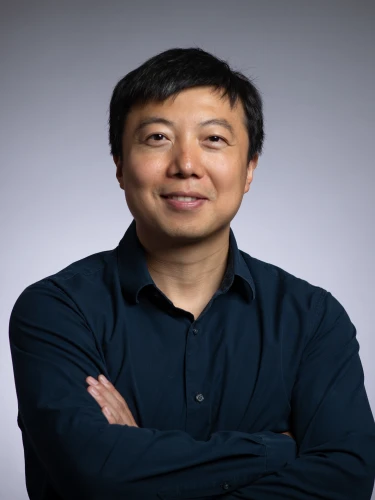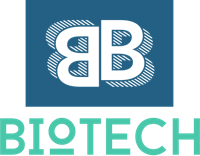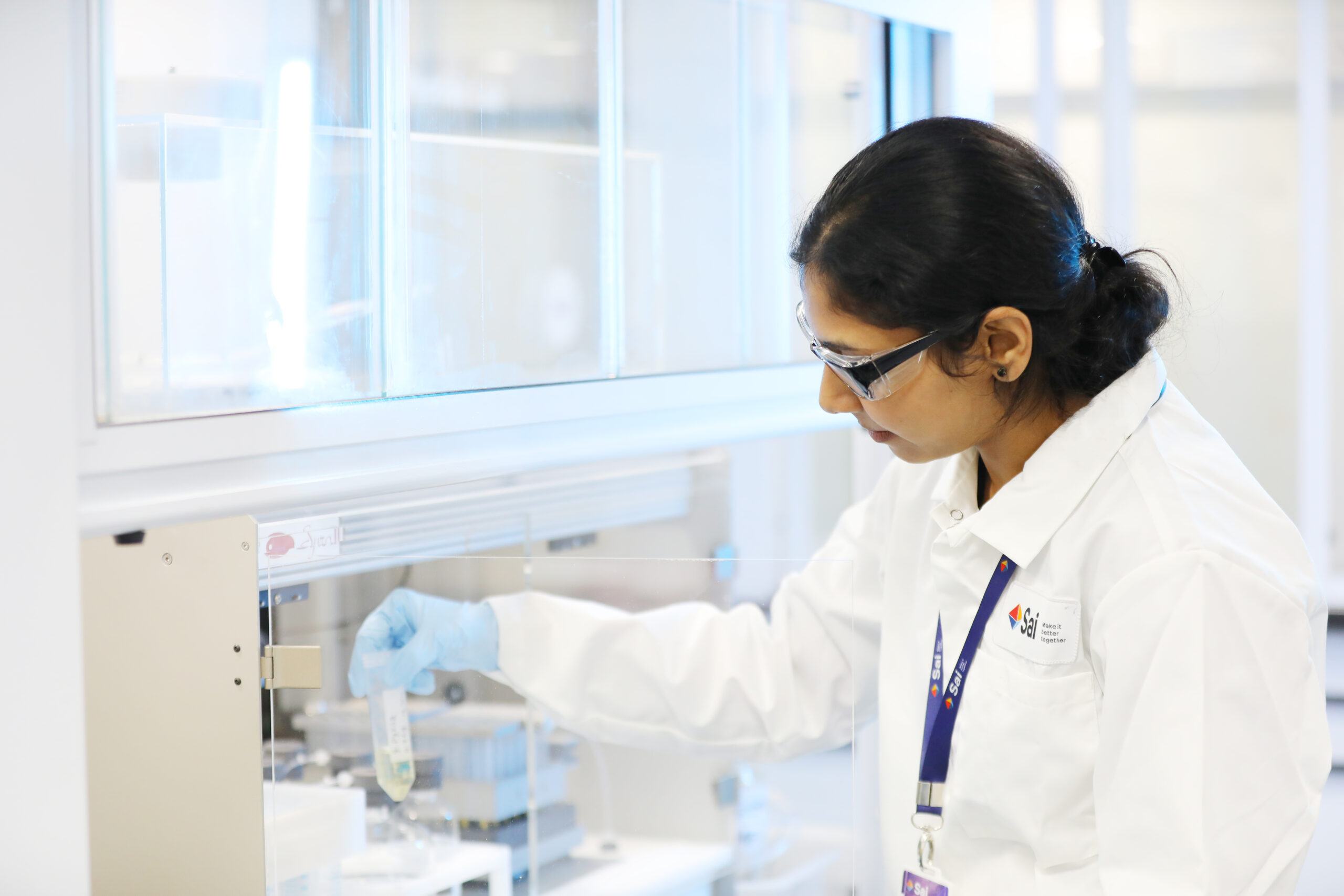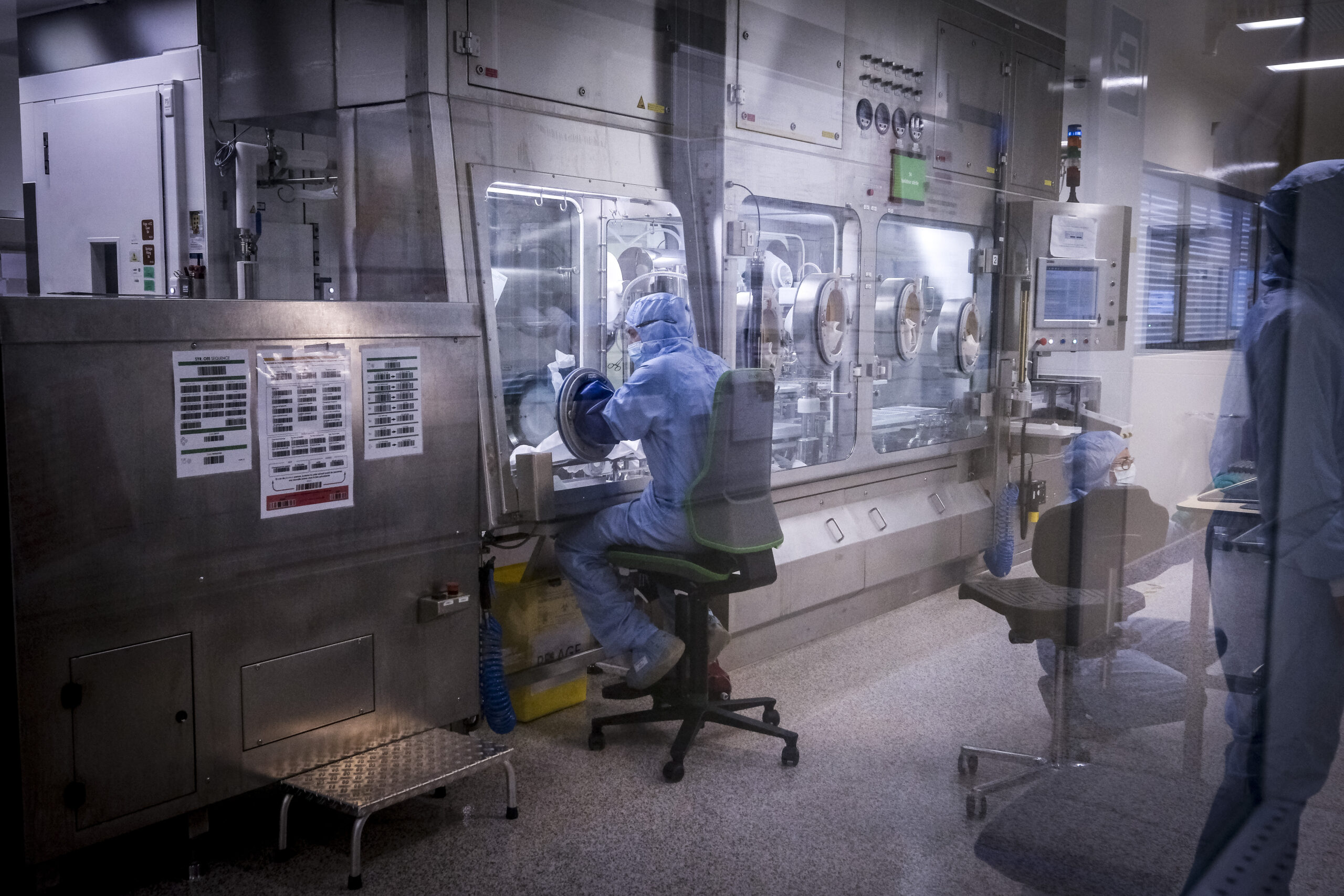Bo Wang, a renowned AI scientist at the University of Toronto, is bringing his expertise in open-source machine learning and computational biology to Xaira Therapeutics, one of biotech’s most secretive and well-funded startups. He’s set to join the company in June as head of biomedical AI.
“Every time you want to scale up an AI model, it costs money. Big money,” Wang said. That financial strain is one of the reasons he’s making the leap from academia to industry—where resource limitations no longer cap innovation. “At some point, academic labs can’t keep up,” he added. “Industry has been behind some of the more exciting advances in AI of late.”
Wang’s move comes at a pivotal moment. He was recently granted tenure and two years of sabbatical—freeing him to explore new ventures. Now, he’s joining Xaira, a biotech unicorn that emerged from stealth last year with a $1 billion raise and a mission to fuse predictive AI with robust experimental validation to find new drug candidates.

“This field became messy… People publish their model without comprehensive validation. Some companies just share lots of predictions—nobody knows how to use them. Do you trust them?” Wang said. “That challenge gets me up every day.”
A Return to Industry Roots
Wang’s new role marks a return to industry of sorts. After earning his PhD from Stanford University, he interned at Genentech and worked briefly at Illumina. More recently, he’s worn multiple hats in Canada’s scientific community—as a professor at U of T, chief AI scientist at University Health Network (UHN), and AI chair at the Vector Institute, a think tank focused on tackling global scientific challenges.
“Since ChatGPT was released, the AI landscape is totally different,” he said. “AI is developing so fast, and I do see lots of limitations as an academic lab. Returning to industry will give me access to a large amount of resources.”
So why Xaira? Wang said he first learned about the company like everyone else—through its high-profile funding announcement. But the company’s research, which mirrored his own in many ways, caught his attention. On a trip to San Francisco, he was invited to present by one of Xaira’s vice presidents.
There, he showcased scGPT, a foundation model for single-cell multi-omics developed with collaborators at U of T, UHN, and the Vector Institute. As it turns out, Xaira was working on something similar—but had hit roadblocks.
“They found it very tricky,” Wang said. The company’s work with large-scale perturbation data—sensitive patient data altered to enhance privacy—impressed him. “This is exactly what I needed to take scGPT to the next level.”
Building Xaira’s AI Pipeline
At Xaira, Wang will be tasked with overseeing the company’s AI strategy across the R&D pipeline. That includes building a multimodal foundation model for biology, linking the wet lab with the clinical team to ensure meaningful experiments, and—critically—hiring a team.
“One of Xaira’s superpowers, in my view, is its integration,” Wang said. “We have our wet lab, our computational modeling, our clinical team—working hand in hand.”
He’s seeking hybrid talent—people just as comfortable debugging neural networks as they are collaborating with bench scientists. “This kind of hybrid talent is key to making our vision real,” he said.
Despite the buzz, Xaira has remained tight-lipped about its pipeline. Wang confirmed that the company still isn’t ready to go public with its portfolio—but said that will change.
“Many biotechs are secretive and only make announcements when things are quite successful, which is understandable,” Wang said. “But we already have plans to make some of the biotech’s perturbation data open source—just like ChatGPT.”
This open-source philosophy reflects the influence of David Baker, Xaira co-founder and director of the Institute for Protein Design at the University of Washington. Baker has made key protein structure prediction models public in a bid to push science forward. Wang hopes to continue that tradition.
“I hope to bring that culture into Xaira so that we’re more open to sharing our models and data,” Wang said. “Of course, it has to align with the company’s strategy—but I do see this cultural shift happening.”
Prediction Meets Validation
Wang believes what sets Xaira apart is its ability to connect predictive AI with experimental validation—a balance most companies lack.
“Most companies focus on one or the other,” he said. “The future lies in unifying the two.”
Without aligning AI predictions with rigorous real-world testing, even the most promising drug candidates risk falling into the same traps as traditional pharmaceuticals: failure in human trials.
For now, Xaira is keeping quiet. But Wang says the silence won’t last forever.
“We’re backed with sufficient funding. So give us time, horizon, and ambition to build something really enduring.”





